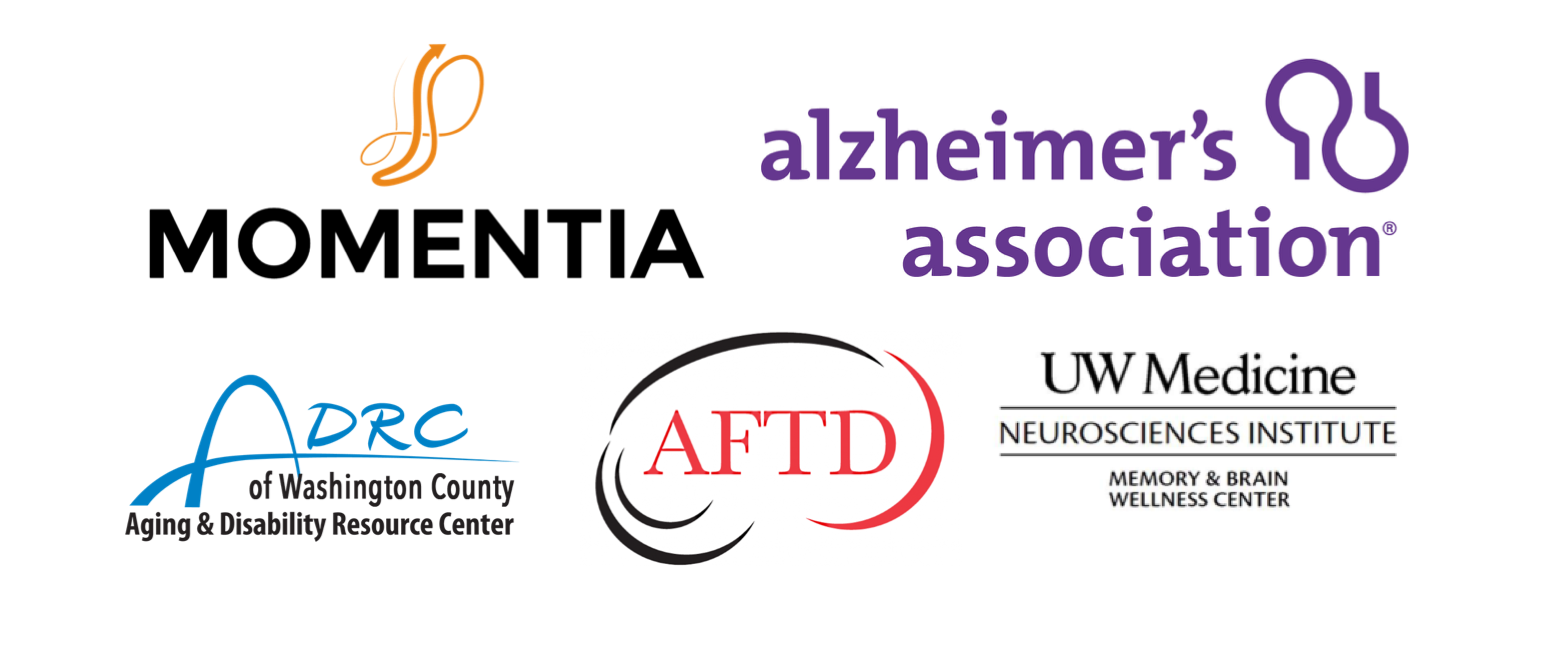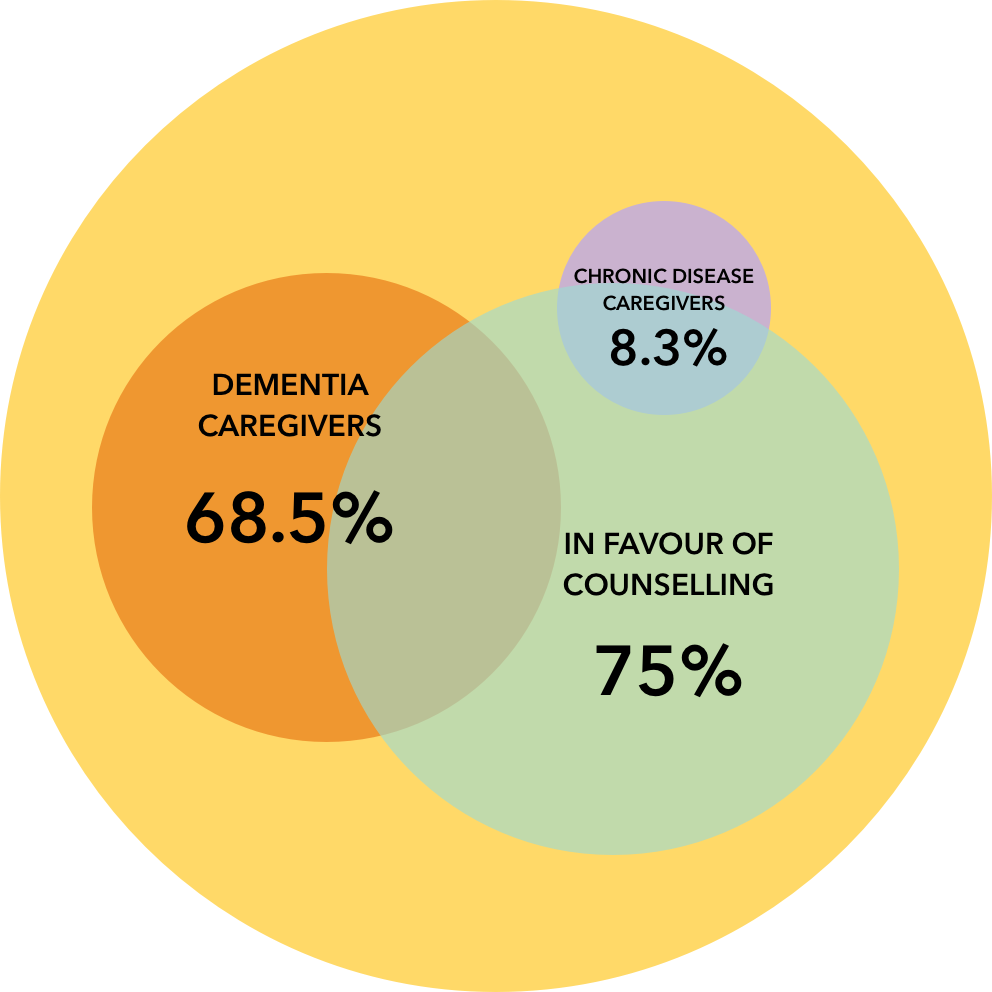Care Buddy
Role:
UX Researcher
Tools:
Interviews
Surveys
(Google Forms)
Data Analysis
(Tableau)
Open IDEO Caregiving for Dementia Challenge involved identifying the everyday hurdles in dementia caregiving and catalyzing innovative solutions for overcoming these hurdles. For an analytical methods class, we took inspiration from this challenge. Our research project analyzed the effectiveness of mentor-based programs in helping a dementia caregiver.


 Our next logical step was to look for organizations which involved communities of dementia patients and their caregivers.
Our next logical step was to look for organizations which involved communities of dementia patients and their caregivers.








